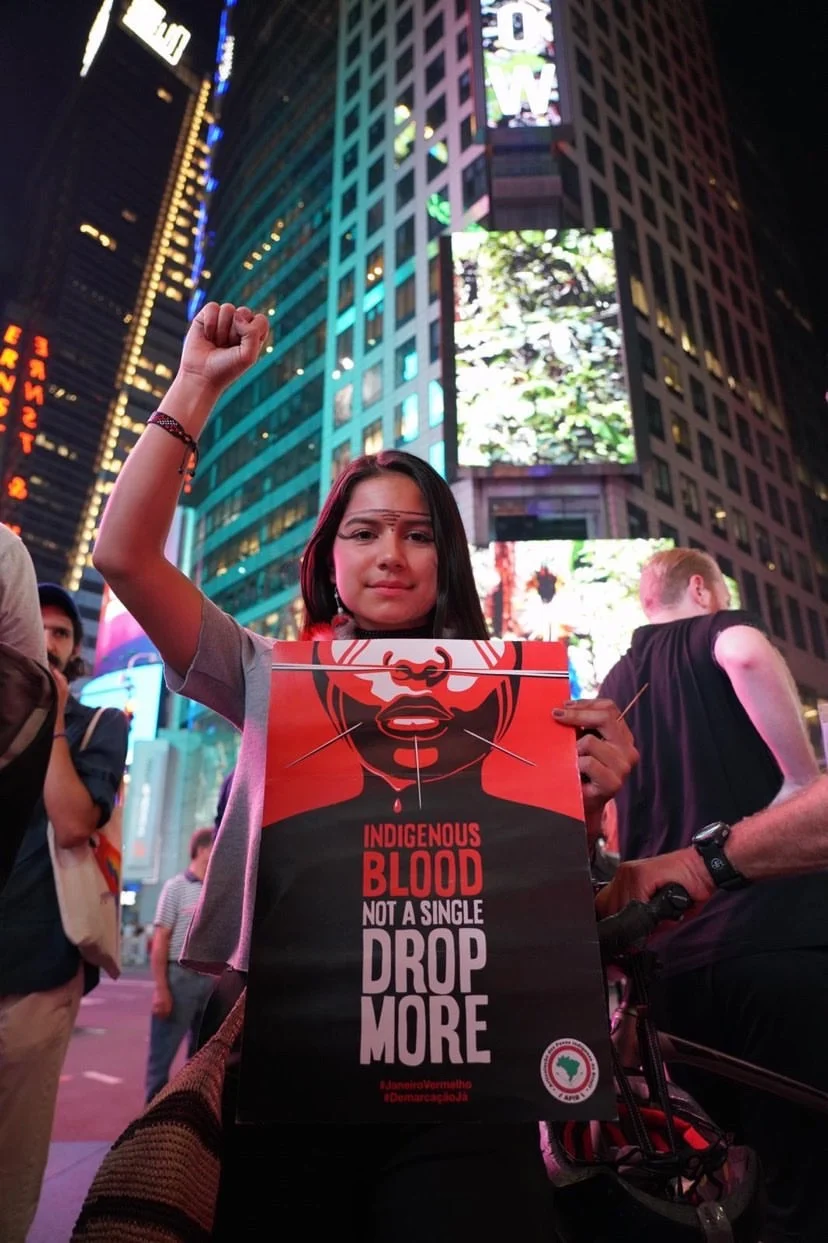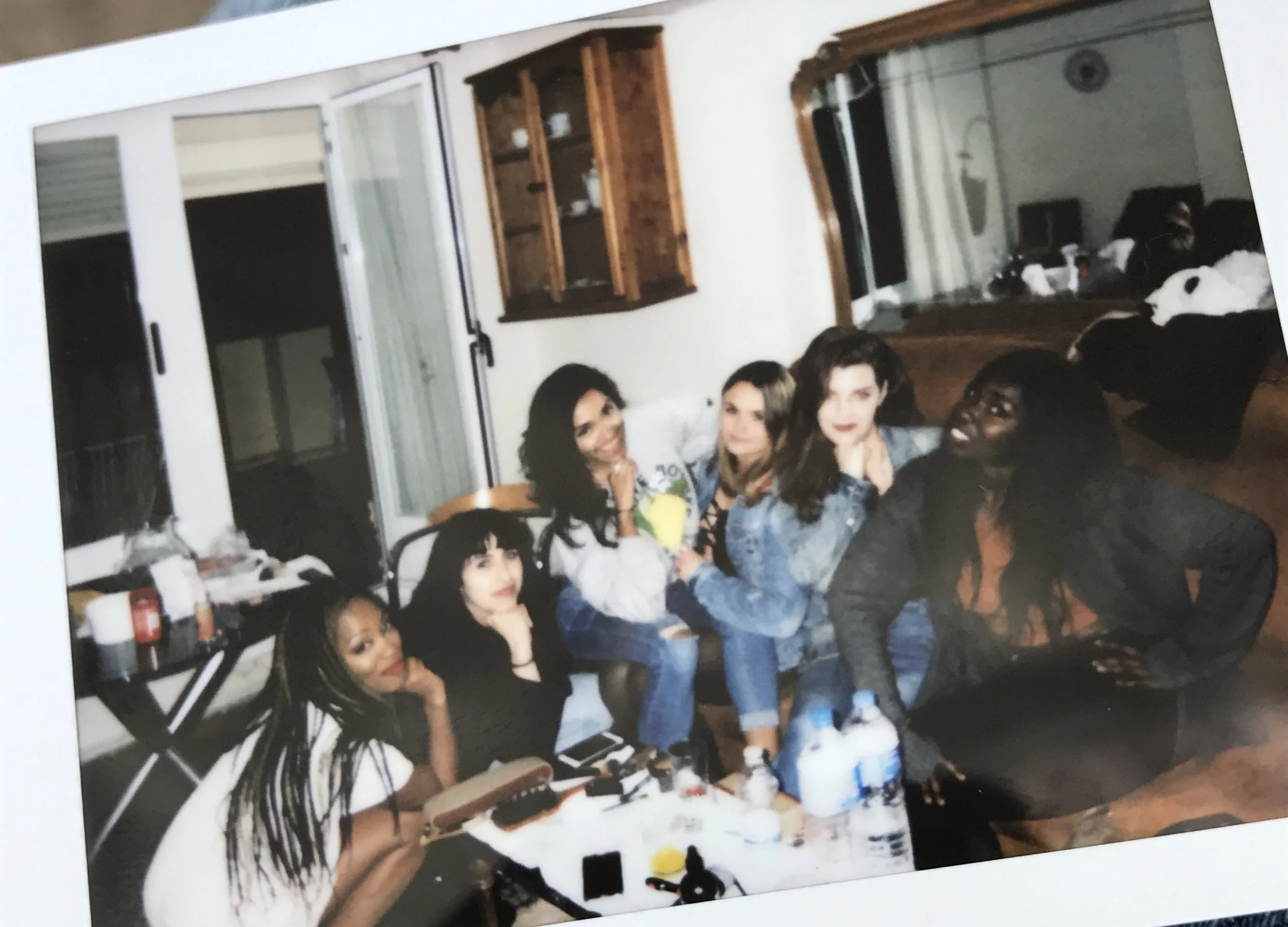Diaspora - Stories from Home : Lydia
Estimated Reading Time: 5 minutes
Map Image from Google
A brief background of the Taiwanese diaspora:
Taiwan’s official name is the Republic of China and it’s important to mention that Taiwan has a very ambiguous political status as Taiwan is not considered an independent country by China (RoC lost its UN seat to the PRC in 1971).
Han Chinese began crossing the Taiwan Strait during the 15th century, and after the Chinese Civil War (which lasted intermittently between 1927 and 1949), many mainland Chinese nationals migrated to Taiwan. Today, Taiwan has a population of 23 million people, 70% of them being ethnically Hoklo Han Chinese.
China, Indonesia and the United States have the largest Taiwanese descendant population, with 600000-700000, 510,000, and 364,595, respectively.
Lydia in the Dominican Republic, 2015
I first met Lydia the way many of us in the 21st century meet these days, through social media. We ‘e-met’ via instagram thanks to a mutual follower, Imogen. Lydia’s insightful and thoughtful captions are educational but relatable (her brief but witty commentary on the West’s colonialist narrative of Genghis Khan is one of my favorites). She’s a self described ‘third culture kid’ who loves being in nature, creating and learning more about DIY and sustainability practices.
Lydia was born in California, grew up in South Africa, spent eight years in Taiwan, attended a liberal arts college in Minnesota, studied abroad for a semester in Berlin, and has traveled a great deal. She is currently located in Oakland, California and speaks English and Mandarin – to say she’s had a ‘tangled’ cultural upbringing would be putting it mildly.
She shares with me some bits about her journey navigating her Taiwanese / Chinese identity in a multicultural upbringing.
Can you tell me a little bit about your background?
“My parents are Taiwanese/Chinese. The "Taiwanese" identity is a complicated one and quite a disputed one, given that China today does not recognize Taiwan as an independent country. 3/4 of my family are Chinese immigrants who fled China during the Civil War in 1949 and ended up in Taiwan. The large influx of Chinese immigrants at the time that ended up in Taiwan caused some friction between the Taiwanese (ethnically Chinese) people who were already there, many of whom migrated in the 1800s. As a result, 3/4 of my family were seen as "foreigners", but now in my generation, this population of "foreign" Chinese folks who fled after the Civil War are very much settled in Taiwan. Before I was born, my parents moved to South Africa for business. Back in the day, South Africa recognized Taiwan as "China" and had special economic relations. That all changed in recent decades as what we know as China today, became a rising power in the world.”
“traditions and rituals can mean so many different things to every person and family”
Noodles made by Lydia’s grandmother
While growing up in South Africa, Lydia didn’t observe many ‘cultural’ traditions , she instead engaged in rituals more specific to her family’s upbringing – like accompanying her father to eat “Asian-ize” pasta and steak, and attending Buddhist temple for Lunar New Year with her mom and grandmother when she’s in Taiwan. For Lydia, tradition takes on different meanings – “I believe ‘traditions’ and ‘rituals’ can mean so many different things to every person and family. I think my family was pretty nontraditional in that they actually did not celebrate many of the big holidays . . . . I think it's important to keep traditions alive because it is part of how we build our relationships with each other.”
Can you tell me about a fable/story from your background?
“A particular one that I always remember . . . is the story of The Frog in the Well. It's actually also a common Chinese idiom, basically used to refer to a person who is narrow minded or ignorant. The fable is basically of a frog who lives happily in his well, the only world he knows since he was born and raised there. He loves his little well so much and never understood why no visitors came by because the world he lives in because it is the best world there is. One day a turtle comes along and tells the frog that there is a wider world outside of the well. The frog didn't believe the Turtle because he didn't believe that anything could be better than his well. Anyways, the frog manages to get out of the well and explore the wider world, and finally realizes how small his well was and how little he knew about the world. I see this idiom both as an analogy for general culture and the exposure travel could bring, but also as a metaphor [for stepping] outside of our comfort zone to see how the world is experienced by other people.”
Is there an artist from your culture that you wish people knew more about?
“Not specifically Taiwanese people, but I do wish more people knew Ang Lee was Taiwanese-American. I especially loved his early movies including "Eat, Drink, Man, Woman," "The Wedding Banquet," and "Pushing Hands." These three films portray the intricacies of being a first generation Taiwanese/Chinese immigrant in America, and the struggles of maintaining individual identity, the modern American lifestyle, with family relationships and cultural traditions.”
What does "home" mean to you and what place or places do you think about when you think of home?
“As cliche [sic] as it sounds, "home" to me is connected to the important people in my life. I can physically be anywhere in the world, and still feel right at home, as long as I am with the people who mean "home" to me . . . . As someone who identifies with being a third culture kid, moved around a few times, have travel [sic] as a big part of my life, and have friends living all over, it is not possible for me to think of one or even two places that is a "home" to me. Even when I go back to my physical "home", which is where my family lives in Taipei, I can still feel like a part of me is missing and home is somewhere else. I currently feel at home in the Bay Area, specifically Oakland, so when I am traveling elsewhere and miss being "home" . . . . I would say Taipei, Bay Area, Minneapolis come top of mind as home, but there are also pieces of me connected to friends who are scattered around the globe.”
You can follow Lydia’s adventures on Instagram and Twitter.
This post is part of the ‘Diaspora - Stories from Home’ series, where I will be interviewing people from various diasporas throughout the month of September
To register for the accompanying event in September in Barcelona, click here
If you enjoyed this story please consider commenting and/or sharing using the links below!
















